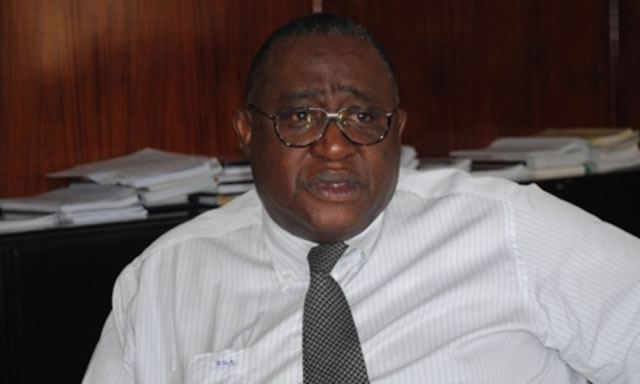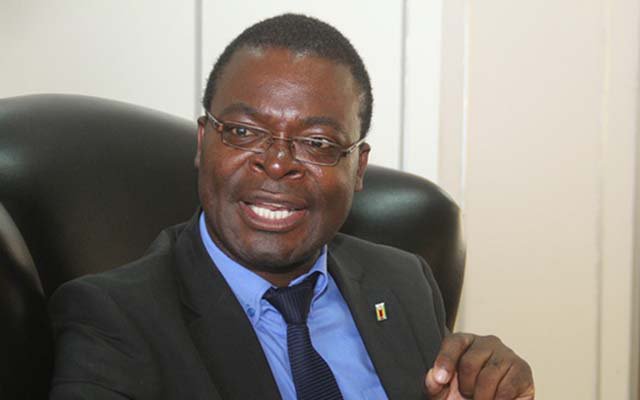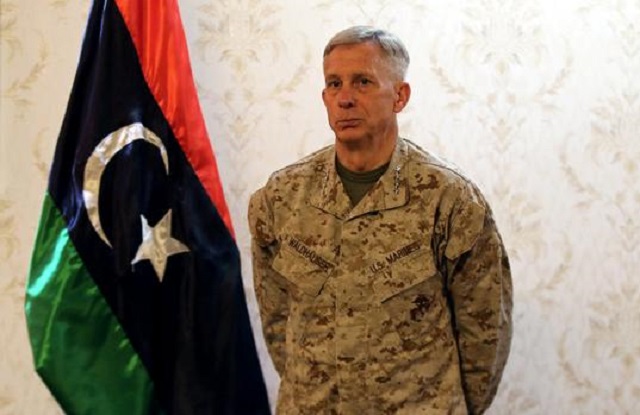Zim to halve power import bill

Oliver Kazunga, Senior Reporter
ZIMBABWE is set to reduce the power import bill by 50 percent following the addition of another 150 megawatts to the national grid from the Kariba South expansion project today.
In 2014, Government embarked on a $533 million Kariba South expansion project for Unit 7 and 8 with each unit producing 150MW upon completion.
Unit 7 came on board last December while Unit 8 comes on board today after successfully undergoing a mandatory around the clock seven-day test run to monitor its performance and functionality.
In an interview in Bulawayo yesterday, Zesa Holdings Group Chief Executive Officer Engineer Josh Chifamba said last year Zimbabwe spent an average of between $7 million and $12 million per week on electricity imports.
“In 2018, we are looking at halving the power import bill following the coming on board of Kariba South Expansion project. In 2017, we were spending an average of between $7 million and $12 million per week on electricity imports,” he said.
“We could do more in terms of generation at Kariba if we had enough water at Kariba Dam. We now have the asset and we are waiting for the heavens to award us with water so that we definitely have a significant reduction in imports.”
Eng Chifamba said at present, power generation at Kariba was still at 500MW against an installed capacity of 750MW before the additional 300MW from Units 7 and 8.
Following the installation of Kariba South Expansion project, the hydro power plant now has an installed capacity of 1 050MW.
“So we will not be able to generate 1 050MW for 24 hours but what is important is during peak times when there are shortages, we will now have Kariba stepping in.
“Previously, when we didn’t have Kariba South, we were buying electricity at very expensive rates to the tune of about 45 cents per kilowatt hour and we are retailing at about 9.87c/kWh. So it’s a good thing that Zimbabwe has invested in an asset like the Kariba South Expansion project,” he said.
Due to the power deficit of about 600MW, the country last year was importing an average of about 50MW and 350MW from regional power utilities.
“We always have 50MW that we import continuously from Cabora Bassa and I think from up to 2015, we were not importing from South Africa and when we did, it was on peak times,” said Eng Chifamba.
Towards the end of last year, Zimbabwe’s power imports came under threat as the country struggled to pay its obligations owing to acute shortages of foreign currency.
The coming on board of Unit 7 and 8 at Kariba is expected to go a long way in easing stress on meagre foreign currency resources available. — @okazunga











Comments